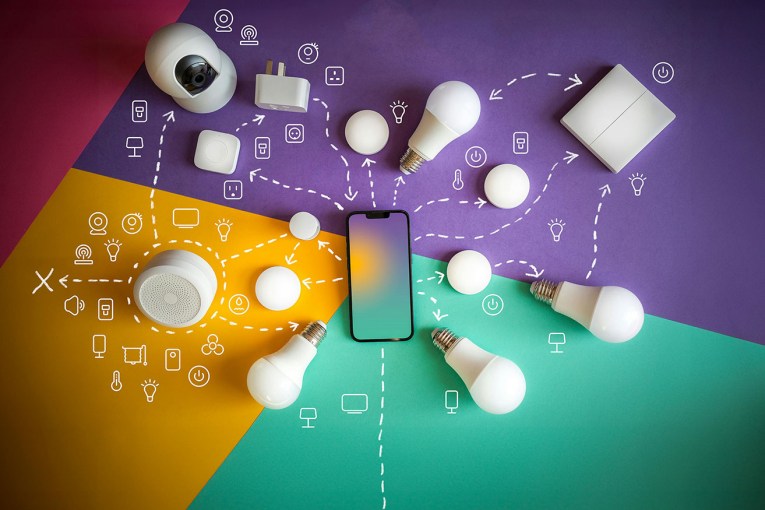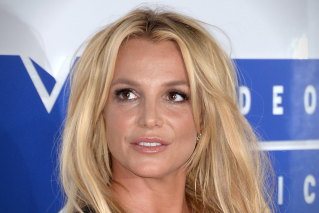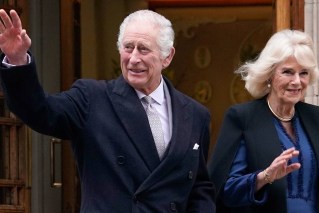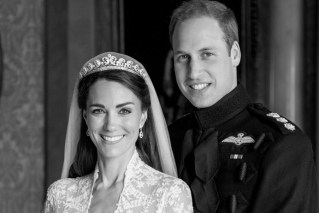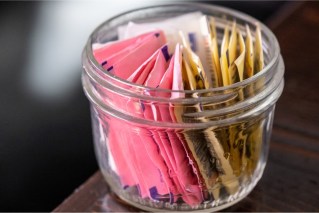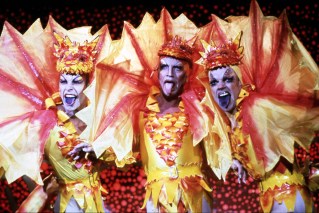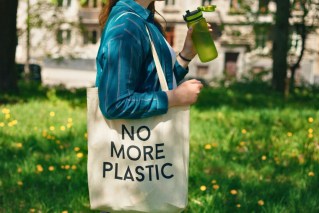Most older people think they look younger than others their age

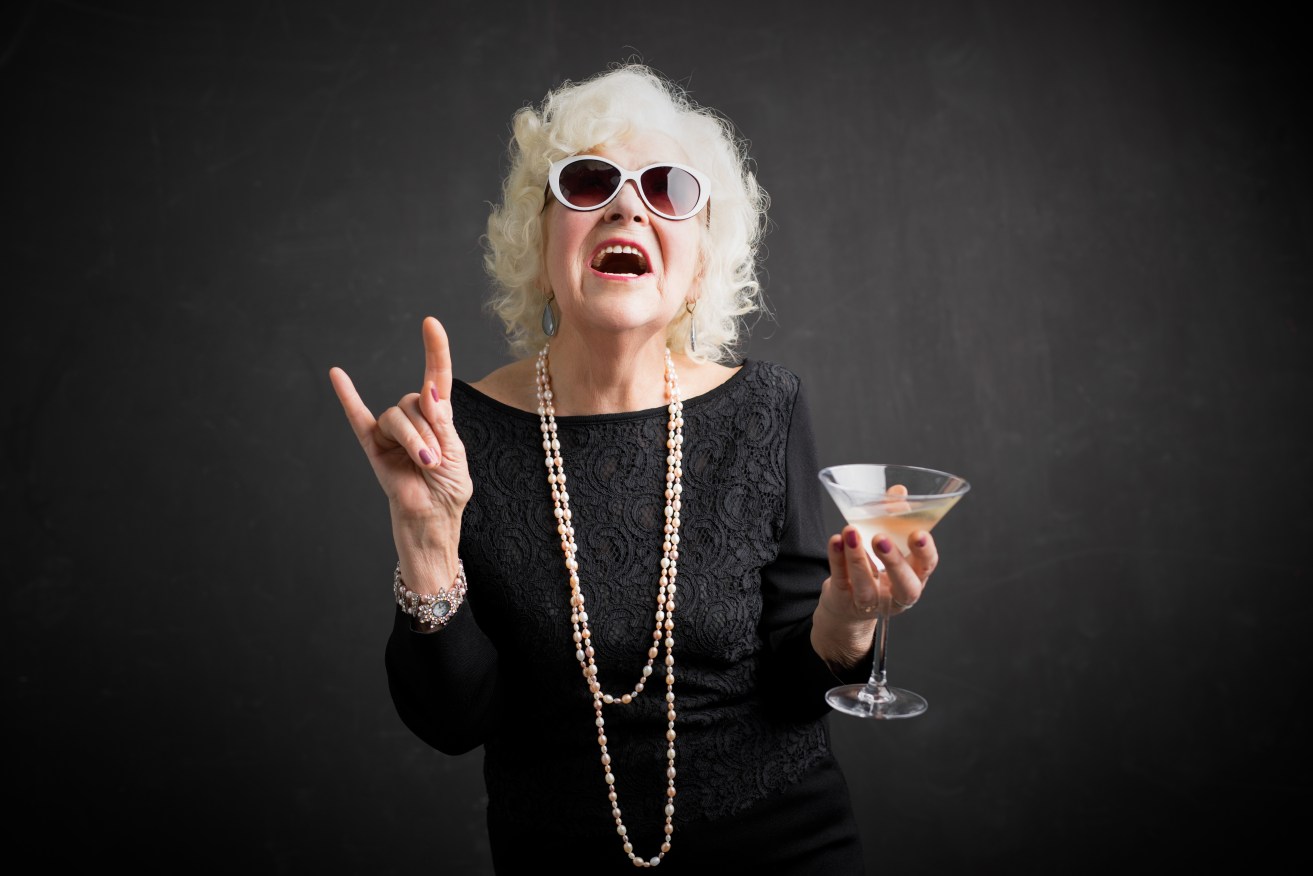
Maybe on days when we're feeling good, we forget how old we really are. Photo: Getty
Vanity, thy name is grandma. Or grandpa.
Where youngsters can be brutally insecure about how they rate in looks when compared to their contemporaries, old folks tend to see themselves as hotter than their peers.
Or, as a new US study more modestly concludes: 59 per cent of adults age 50 to 80 think they look younger than other people their age.
They were bold enough to say so when quizzed by the University of Michigan National Poll on Healthy Ageing.
The percentage of self-described youngsters “was slightly higher among women and among people with higher incomes, more years of education and current employment”.
At the other end of the spectrum
Overall, the number of American adults who believed they looked older than their peers was a mere six per cent.
About 35 per cent were realists, believing they looked about the same as their peers. Which could mean they don’t think about their looks that much. Or they simply don’t want to feel they’re on the homelier end of the spectrum.
Interestingly, a “slightly higher percentage of those who were aged 50 to 64 said they look older than their peers, compared with those aged 65 to 80”.
This suggests the older people get, the less likely they see themselves as looking older than other people their age.
Investing in youth
According to the Michigan researchers, “millions of older Americans spend money and time to try to look younger than they are”.
About 35 per cent of people aged over 50 are colouring their greying hair, trying anti-balding products, using teeth whiteners and wrinkle fillers, and much more.
Is this such a surprise? Certainly not, given the pervasiveness of the beauty industry.
The researchers, however, don’t talk about beauty and the strategies that people deploy over time to be beautiful. Not when considering people over the age of 50.
We’re all ageing from the day we’re born
Children and teens are now reportedly using retinol and other products to iron out wrinkles that don’t as yet exist.
It’s this beauty continuum we should perhaps be talking about.
But when we talk about older people, we don’t talk about beauty. In fact. beauty and ageing are rarely mentioned in the same breath.
Instead, the researchers focus on what these efforts to look younger mean “for older adults’ experiences with the ageism that pervades American society”.
What are they talking about?
They’re talking about what a laugh it is when granny puts on a pair of short shorts, or a bikini, or even a modest, nicely cut knee-length, low-cut dress that shows off her wonder-lifted bosom.
We call this chuckling and chortling ‘ageism’.
And yet, there are people of all ages wearing clothes that show off their fat bottoms and so forth, inspiring similar chuckles and disquiet.
The sin, committed by more the daring old and young, really is the same: Not pulling it off.
And it’s the younger people, dressing to fit in with their peers, while not fitting comfortably into their trousers, that appear to be more self-conscious than the old ducks putting themselves out there.
The complexities of a beautiful delusion
The new study, most usefully, “explores how a person’s perception of how old they look relates to both their positive and negative age-related experiences, and their physical and mental health”.
The researchers found that “those who feel they look younger than other people their age were more likely to score higher on the scale of positive age-related experiences, and lower on the scale of negative ageism experiences”.
Those who invested time or money in looking younger were also “more likely to score higher on the positive scale too; this was especially true for those who are married or have a partner”.
However, these same people who “had invested in strategies to look younger” were also more likely to score higher on the scale of negative experiences related to ageing“.
This probably means they’re aware of being figures of fun for unkind observers and eye-rolling family members.
Most importantly, people who believed they looked younger than their peers were more likely to report that “they’re in good or very good health, both physical and mental”.
Those who saw themselves as aesthetically derelict did not.
